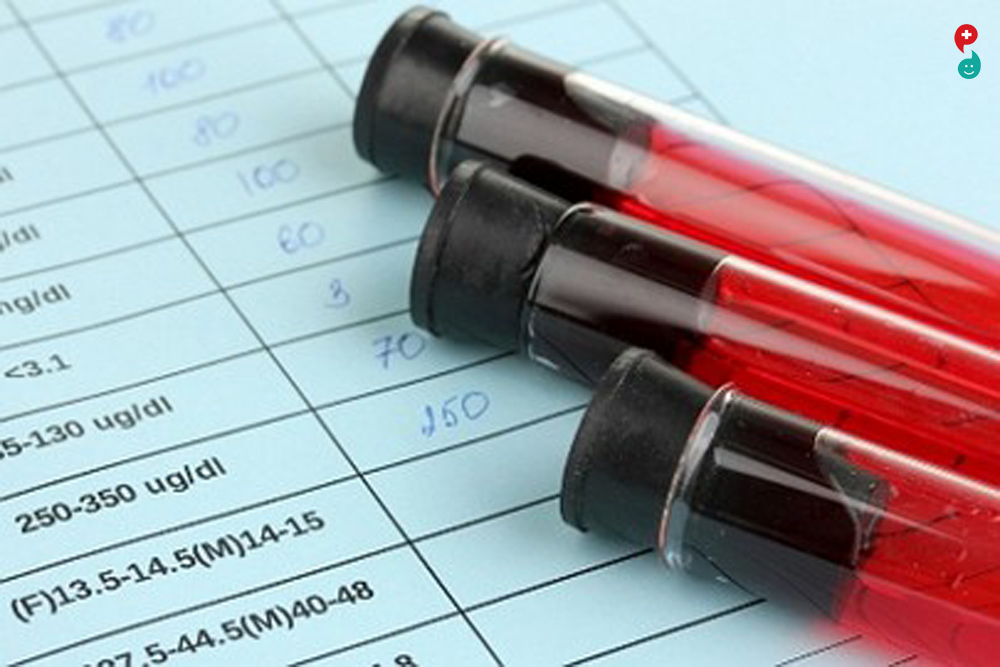
What is creatinine?
Creatinine is a waste product of creatine, which is a chemical that the body uses to supply the muscles with energy. Creatinine is formed as a result of the natural breakdown of your muscle tissue and can then enter the blood.
Under normal conditions, your kidneys filter creatinine from your blood. Creatinine leaves the body through urine.
What is the creatinine clearance test?
The creatinine clearance is a test that allows your doctor to assess your kidney function. It is usually measured using both a blood test and a urine test. The creatinine clearance can also be estimated from a mathematical formula that will use the blood levels of creatinine along with other factors (such as your age, race, and gender).
Creatinine clearance testing determines your overall glomerular filtration rate (GFR), which reflect how well your kidneys are cleaning your blood.
Why do I need to have the creatinine clearance test?
Anyone can be at risk for a kidney disease at some point in time. However, some people are more at risk than others for developing kidney disease. You are at a higher risk for developing kidney disease if you are over 60 years old or if you have:
Diabetes
High blood pressure
A family history of kidney disorders
Are there symptoms associated with elevated creatinine level?
Kidney disease tends to be silent and there are no symptoms in the early stages. However, as the disease progresses, you may experience swelling, fatigue, breathing problems, changes in how often you urinate, loss of appetite, nausea, itching, and a darkening of the skin.
What do I need to do to prepare for the test?
Your doctor or nurse will give you the test instructions. You will need to collect your urine for 24 hours. Then, a blood sample will be drawn from you.
Your doctor may ask you to stop some medications temporarily if they are believed to affect the test accuracy. These medications include antibiotics and stomach acid pills. You should tell your doctor what other medications you have been taking. Also, DO NOT stop taking any medications before talking to your doctor.
Will I feel any pain during the test?
The urine test involves only normal urination. You should not feel any pain or discomfort during this part of the test.
The blood test involves inserting a needle to draw a blood sample. Patients feelings vary from mild pain to a prick or stinging feeling. It is also possible to feel some throbbing or have a slight bruise. All of this discomfort goes away quickly.
What happens if I forget to collect one urine sample during collection?
Collecting urine samples throughout the entire day is important for the accuracy of the test. For this reason, skipping one urine sample may affect the results. Please call your doctors office to find out whether you should continue collecting or stop and start all over again the next day.







